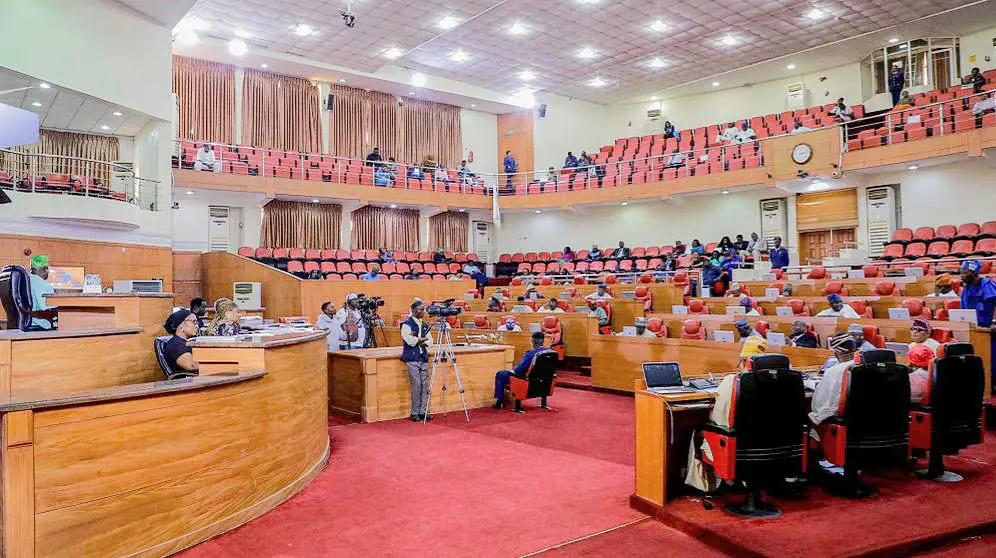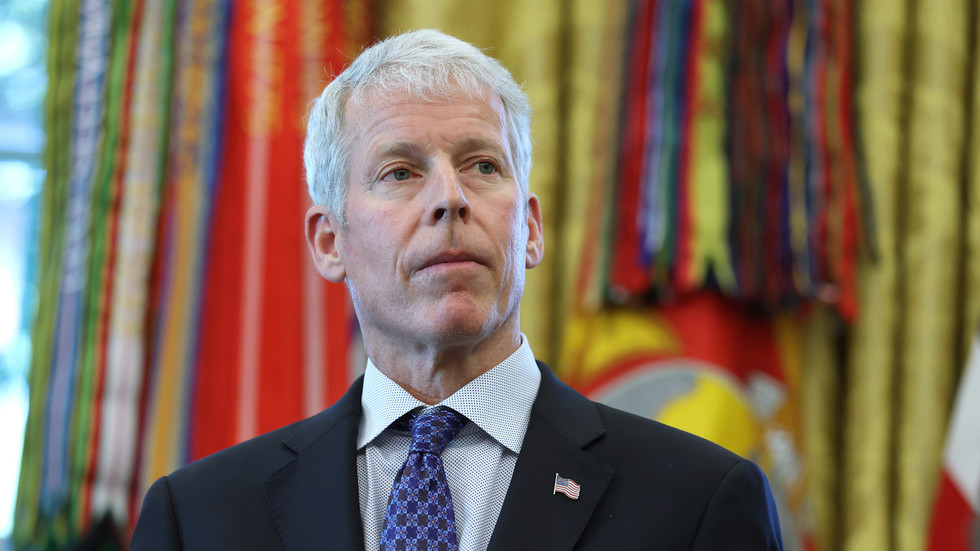Nigeria, a country rich in entrepreneurial spirit and abundant resources, is grappling with a formidable barrier – the pervasive lack of trust. This intangible yet deeply entrenched obstacle impedes the nation’s economic potential. Overcoming this issue demands a concerted effort to understand its impact and nurture an environment of trust-based partnerships.
The Foundations of Trust
Trust forms the foundation of successful businesses, serving as the currency of transactions, the lubricant of partnerships, and the bedrock of investor confidence. Nigeria’s trust deficit is rooted in a complex web of historical experiences and present-day realities. Decades of corruption and mismanagement have bred skepticism towards institutions and actors. Furthermore, uneven access to vital knowledge amplifies anxieties, fostering suspicion and hindering fair competition.
The Economic Toll of Distrust
The consequences of distrust are wide-ranging. Foreign investment remains restrained, as global investors hesitate to engage in what they perceive as an unpredictable and corruption-riddled environment. Locally, businesses face challenges in accessing credit, and innovation stagnates due to fear of exploitation. Additionally, the lack of trust exacerbates economic inequality, stifles innovation, and hampers Nigeria’s true economic potential.
Restoring Trust: A Collaborative Endeavour
Rebuilding trust is a collective responsibility that necessitates individual commitment and systemic reform. Embracing honesty and integrity in every interaction, challenging biases, and fostering fairness are critical at the individual level. However, systemic reforms are equally vital, requiring transparent and accountable governance, an impartial judiciary, and a robust regulatory framework.
The Role of Information and Communication
Open and transparent communication from governments and businesses is crucial for dispelling misconceptions and rebuilding trust. Additionally, investing in education and fostering a culture of ethics are vital components in nurturing future generations who prioritize integrity.
Harnessing Technology for Change
Digital platforms can enhance transparency, streamline processes, and facilitate secure transactions. By embracing innovation, opportunities for corruption can be minimized, fostering trust through efficiency.
Releasing the Shackles
Rebuilding trust is a complex but indispensable undertaking. It demands unwavering commitment and a willingness to confront uncomfortable realities. However, the potential rewards are immense, as a trust-centric business environment unlocks economic prosperity, promotes social cohesion, and paves the way for a brighter future.
In conclusion, restoring trust is essential for Nigeria’s sustainable growth and prosperity. It is imperative for the government, businesses, and civil society to collaborate in shaping a business-friendly Nigeria that attracts investors, encourages innovation, and ensures shared prosperity for all.



